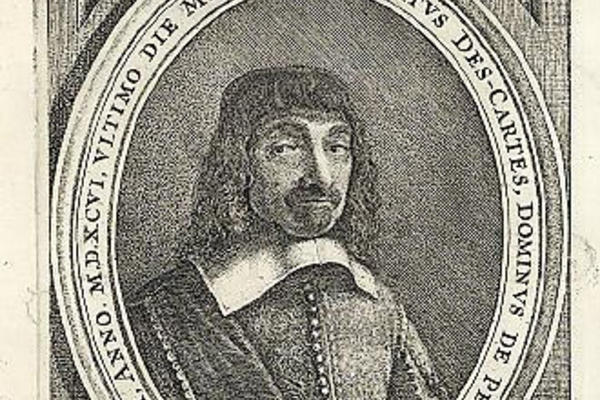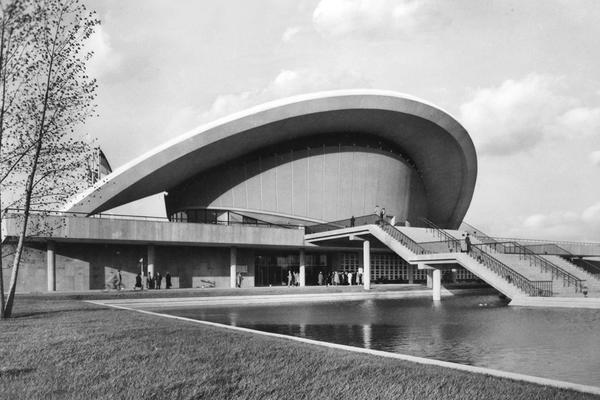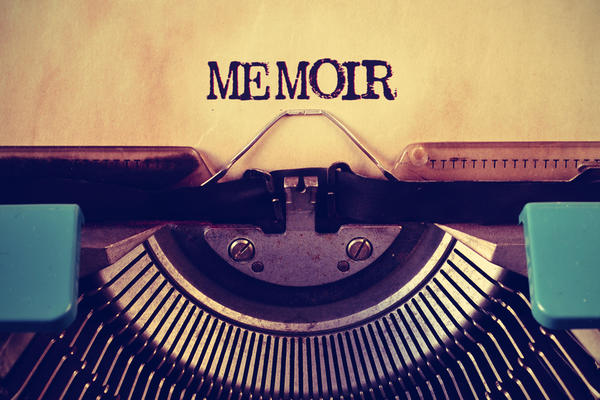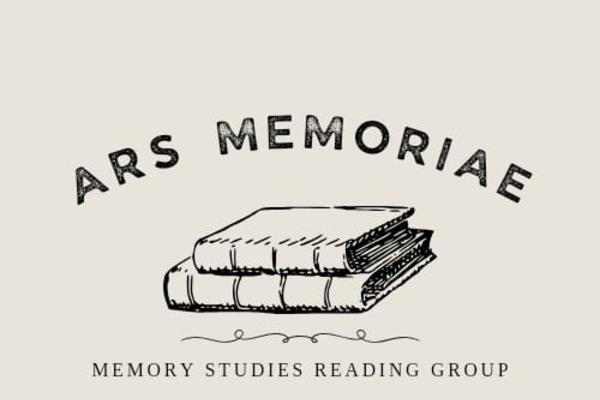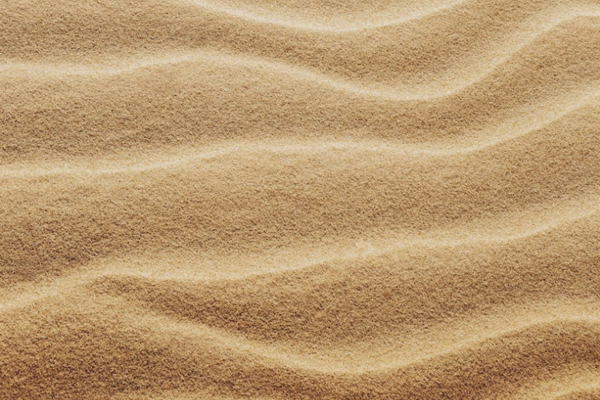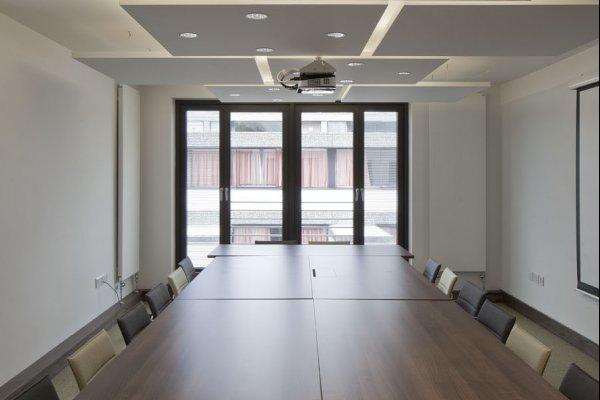Awakening to the Past in the Present
By Dr Larry D. Harwood
One day when I was a teenager my dad pointed to the tip of a woodland sheltering a faint path leading back through the forest. Saplings and shrubs but no sizable trees stood in this swath of less than ten feet. He explained the detectable path as a previous “old road” that had been a conveyance some thirty years earlier, while he estimated the vanishing road bore human and livestock traffic for about a half century before another road put this old road out of commission.
Attraction to the past and past history began for me that day, as I considered that beneath a forest floor lay something that I had known nothing of only minutes before. Soon after that I witnessed a segment of a familiar road being ruthlessly crushed beneath a mammoth plow operated by a county road crew, as men and machinery plowed up one roadbed to give way to another. On telling my mother about what I had seen, she added that another portion of that road once ran almost parallel to my great great grandfather’s farm house.
This man, though unknown to me at the time, would soon prompt further interest in the lives of the people of the past who had lived in the area. Surviving farmhouses were not always close to a road, as was his, and it did not escape me that older and often abandoned farmhouses were nevertheless always close to a creek or a spring. Pieces of the past now began to reveal a world so full of surprises and often puzzles as to seem almost eerily mystical. Changing roads were just a very physical example of history in transition. Previously the past had seemed a tiresome subject; now I realized that history was about people once as alive as I was now. In time, I desperately wanted to get closer to the past of these people and their world. What else had they left behind that I might see?
Too young to realize yet the complicated turns of human history that came long before me, a second incident that helped occurred on visiting an elderly great aunt. She had brought out a suitcase, stuffed full of family pictures—I noticed there were no picture albums— and she pulled out one nineteenth century tin-type photo of her grandfather, the man referred to earlier, who lived until 1933. He had an amputated leg. When I inquired for more information, she related that he had lost the leg in the American Civil War. Though I had been sporadically interested in history before this incident occurred, it was intellectual history—the history of ideas, not, I would say, the history of families scratching out a living on the ground. Moreover, in the philosopher’s study where I occupied myself, I had scarcely ever wondered about the past history of the families of which I was a descendent—where they moved from, why they moved, what crops they planted and what they ate, what furniture they possessed, what books they read or whether they could read and how they managed humid and sultry southern nights, and how unsettling it might have been in the woods with their babies in wagons before constructed cabins in the woods provided better shelter.
For the next couple decades I talked to anyone living who had any memory exceeding my own. I began to collect a mass of family stories I realized would be largely lost to death if the living did not make inquiry beforehand. The stories people possessed were chocked full of unexpected wonder but also sometimes tragic stories, and I began to realize that knowledge of either was always in jeopardy of being lost if unspoken or unwritten. As a result of this awakening to the past and past history, for the first time in my life I started to keep a diary, but most importantly, I listened and recorded conversations with my elders, with a pen or a cassette recorder, and often on the phone for over an hour. There was a special delight when my conversant related conversations or situations with someone I had never met, such as that great great grandfather. Now I knew him and something of his world, if just but a little. If people had lacked the means to write their life story it was left up to me and others to dig it out.



